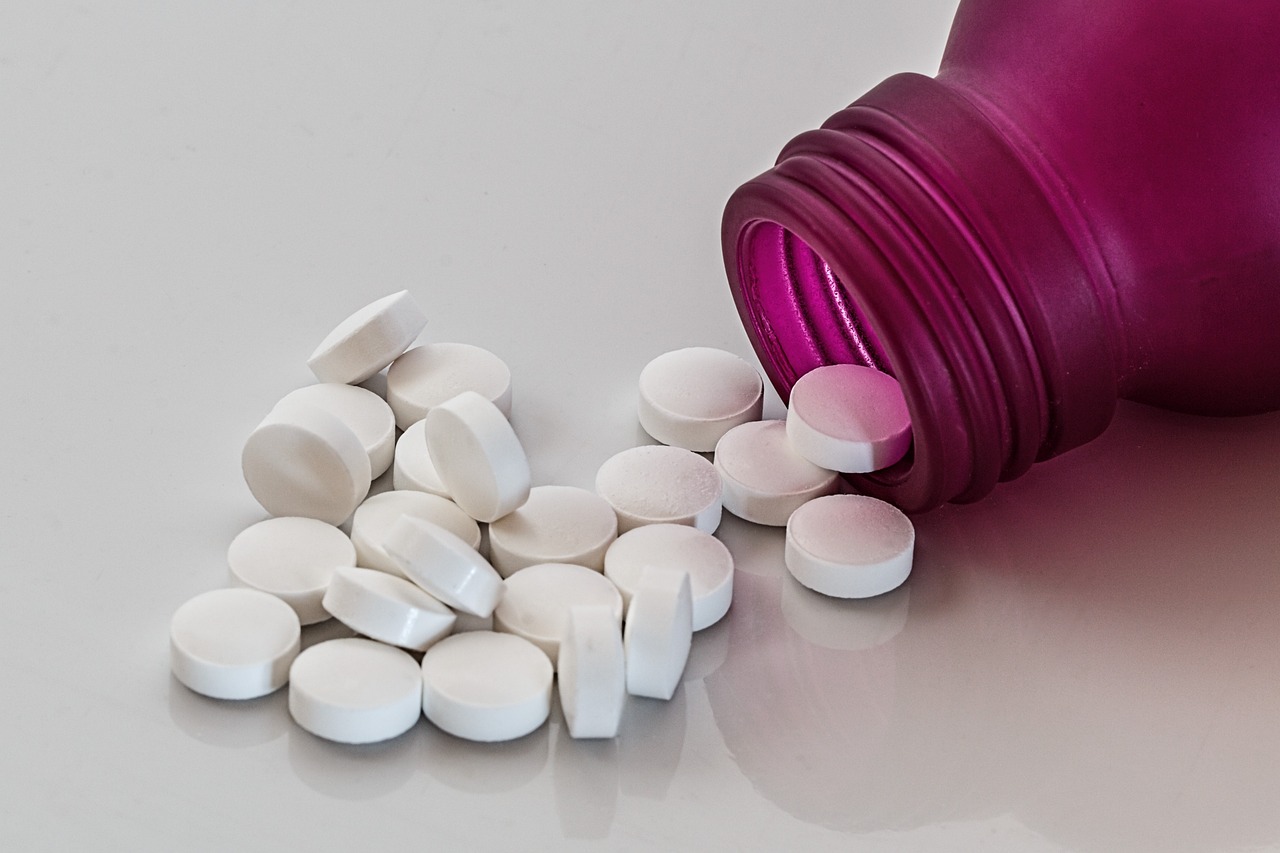
The pharmaceutical industry plays a pivotal role in global healthcare by developing innovative drugs that improve patient outcomes and quality of life. However, bringing a new drug to market is a complex and lengthy process that involves numerous challenges, one of the most critical being market access. Market access development programs have emerged as essential strategies to navigate the intricate landscape of drug commercialization. In this blog post, we will explore what market access development programs are, why they are crucial, and how they contribute to the successful commercialization of pharmaceutical drugs.
Understanding Market Access
Market access refers to the process of ensuring that a pharmaceutical product is available and affordable to patients who need it while maintaining profitability for the manufacturer. This involves overcoming various barriers, such as regulatory approvals, reimbursement challenges, pricing negotiations, and stakeholder engagement. Market access development programs aim to streamline and optimize these processes to facilitate drug commercialization.
Key Components of Market Access Development Programs
- Health Economics and Outcomes Research (HEOR):
- HEOR studies assess the economic and clinical value of a pharmaceutical product. They provide evidence on the cost-effectiveness and long-term outcomes of using the drug compared to existing treatments. This information is crucial for pricing negotiations and reimbursement decisions.
- Value Proposition Development:
- Developing a compelling value proposition is essential to convince payers, healthcare providers, and patients of the drug’s worth. Market access programs help craft a persuasive narrative highlighting the drug’s clinical benefits and economic advantages.
- Pricing and Reimbursement Strategies:
- Market access teams work closely with payers and pricing authorities to establish an optimal pricing strategy. They also navigate the complex reimbursement landscape to secure favorable coverage and access for the drug.
- Stakeholder Engagement:
- Building strong relationships with key stakeholders, including physicians, patient advocacy groups, regulatory agencies, and payers, is crucial for successful market access. These programs facilitate communication and collaboration with these stakeholders.
- Market Research and Competitive Analysis:
- In-depth market research helps pharmaceutical companies understand market dynamics, identify competitors, and assess the demand for their product. This information guides product positioning and market entry strategies.
- Regulatory Strategy:
- Ensuring regulatory compliance is paramount for drug commercialization. Market access programs work in tandem with regulatory affairs teams to streamline approval processes and address any potential hurdles.
- Access to Patients:
- Patient access programs assist in bridging the gap between patients and their prescribed medications. These programs may offer financial assistance, support services, and educational resources to ensure patient adherence.
Importance of Market Access Development Programs
- Improved Patient Access: Market access programs prioritize patient needs, ensuring that life-changing medications are accessible and affordable to those who need them.
- Enhanced Market Understanding: Thorough market research and analysis enable pharmaceutical companies to make informed decisions and adjust their strategies as needed.
- Regulatory Compliance: Collaboration between market access and regulatory affairs teams ensures compliance with evolving regulations, reducing the risk of delays and setbacks.
- Competitive Advantage: Effective market access strategies give pharmaceutical companies an edge over competitors by demonstrating the unique value of their products.
- Sustainable Commercial Success: By navigating reimbursement challenges and ensuring profitability, market access programs contribute to the long-term success of pharmaceutical products.
Conclusion
Market access development programs are essential for the successful commercialization of pharmaceutical drugs. These programs encompass a range of strategies and activities aimed at overcoming barriers to market entry, ensuring patient access, and optimizing pricing and reimbursement. By effectively navigating the complex landscape of drug commercialization, market access programs play a pivotal role in bringing innovative medications to patients and improving global healthcare outcomes.

